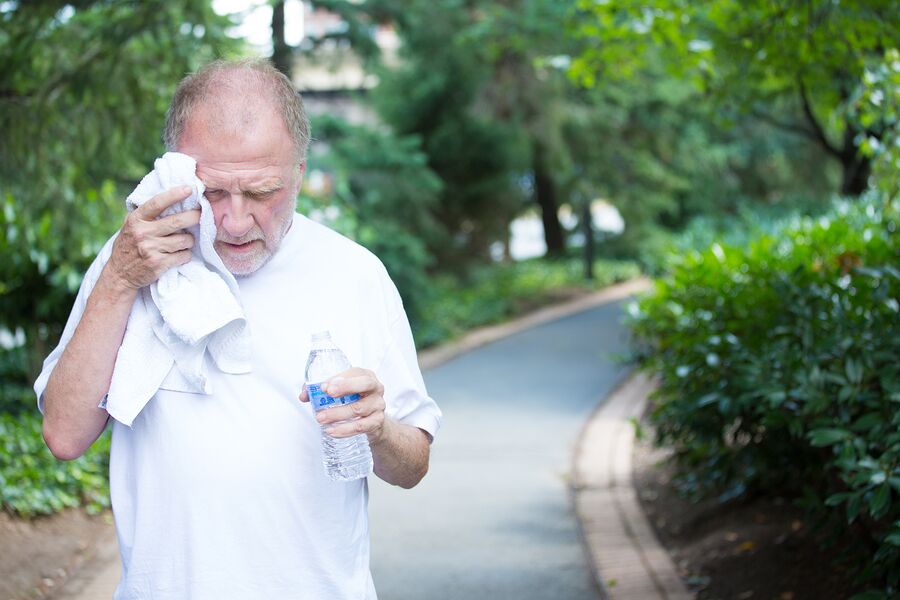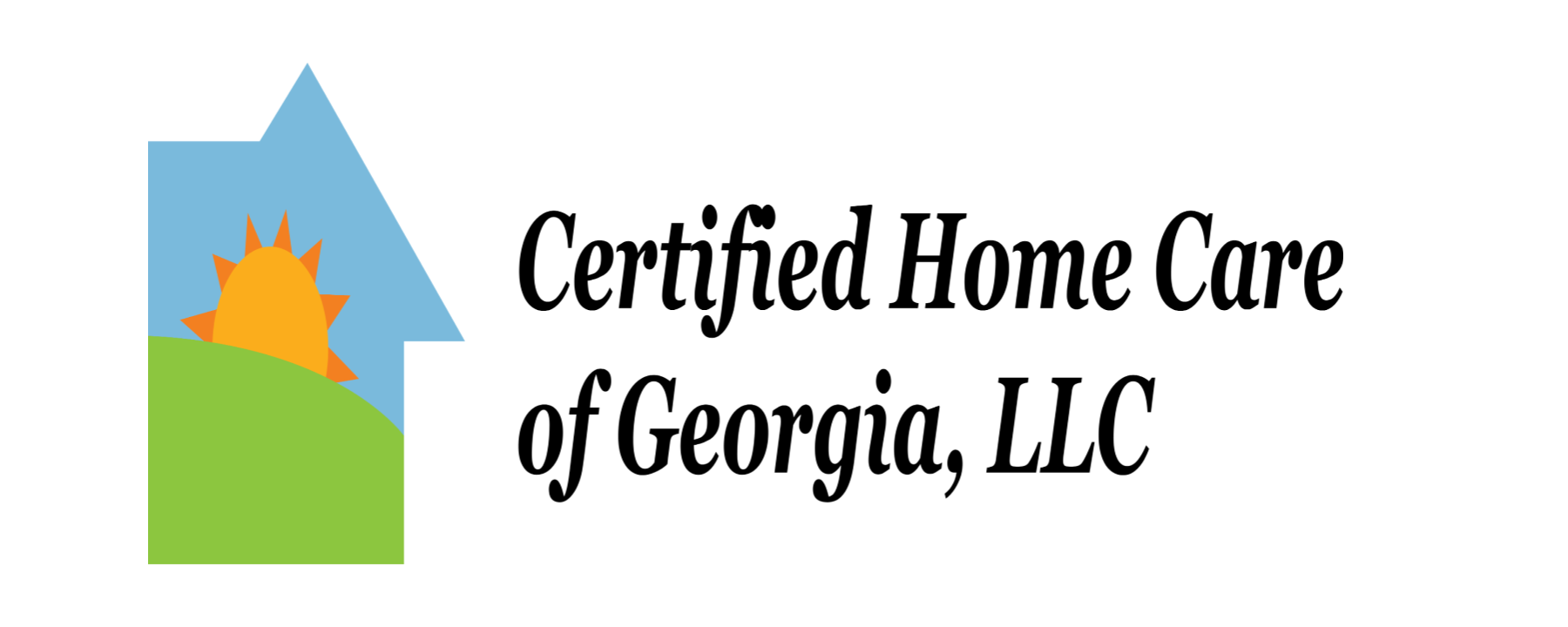
FAQs About Elderly Adults and Heat-Related Illnesses
When an elderly person’s body is overloaded from high temperatures, they can develop heat-related illnesses like heat cramps, heat exhaustion, and heat stroke. Elderly adults are especially vulnerable to heat-related illnesses because they have a more difficult time regulating their internal temperatures naturally. Family caregivers, friends, and elderly care providers need to be especially vigilant when it comes to keeping their aging relatives cool and comfortable when the summer heat waves happen.
Here are some frequently asked questions about elderly adults and heat-related illnesses:
Q: What factors contribute to heat illnesses in elderly adults?
A: There are several factors that contribute to an aging adult’s inability to cool down. The most common are obesity, ineffective sweat glands, fever, heart disease, poor circulation, sunburn, and dehydration.
Q: How does extreme heat affect an elderly person’s health?
A: The body cools itself in several ways, with the most common being through sweat. However, an elderly person’s sweat glands don’t work very efficiently, and when that mechanism fails, they never really sweat. This can cause temperatures to build up internally, which can cause damage to the brain and other internal organs. If it is not treated right away, heat stroke can cause permanent damage and even death.
Q: What are the symptoms and signs of heat-related illnesses in seniors?
A: Seniors that are suffering from heat stroke may complain of dizziness, nausea, and headaches. Their skin will be red, dry and hot, with no sweating. The heart works overtime, so they will have a strong, rapid pulse. If family caregivers or elderly care providers notice these signs, they need to find emergency treatment for the aging adult.
Q: What should family caregivers and elderly care providers do if they see warning signs of heat-related illnesses in seniors?
A: Family caregivers and elderly care providers should relocate the senior to a shady and cool area and try to cool them down. They can pour cool water onto a cloth or piece of clothing and wipe their face, neck, chest, arms, and back. Tight clothing should be loosened and any extra layers removed. If they can drink, the elderly adults should sip water as often as possible until medical help arrives.
Q: How can family caregivers and elderly care providers prevent heat-related illnesses in aging adults?
A: When summer temperatures soar, seniors need to be kept in a cool, comfortable location, such as in front of a fan or an air conditioner. If necessary, family caregivers and elderly care providers can take the aging loved one to a cooler place like the mall, the library, or to a movie theater. They should keep curtains and blinds closed in the hottest part of the day and avoid going out into the sun between 10:00 a.m. and 3 p.m.
Heat-related illnesses are quite serious in elderly adults, but the good news is that they are quite preventable. When family caregivers and elderly care providers work together to keep the aging adult safe, everyone remains healthy, safe and stress-free.
If you or an aging loved-one are considering Home Care Services in Lawrenceville, GA, please contact the friendly staff at Certified Home Care of Georgia. Call today 770-635-8042
Source:
